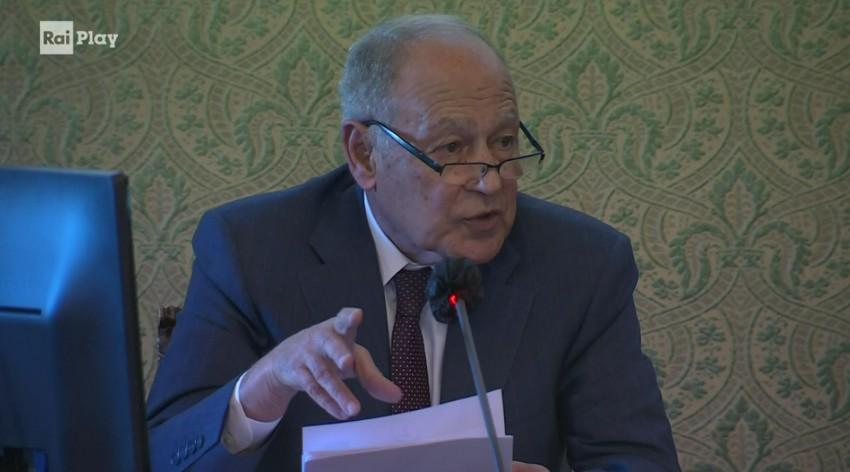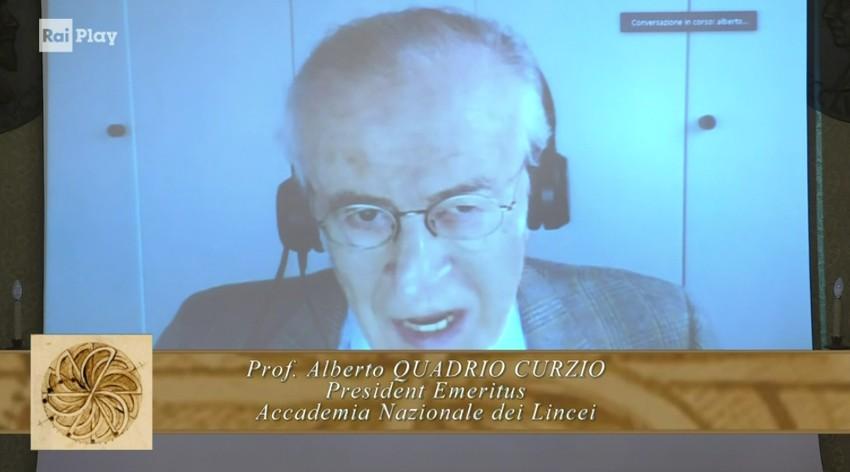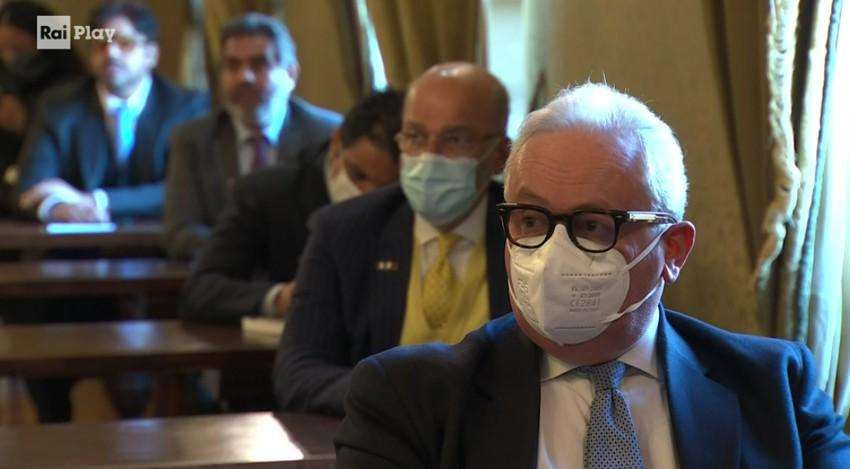What role can science and diplomacy play in providing peace and stability to a region overcome by profound crises? How should we understand the geopolitical position of Arab nations in the current era?
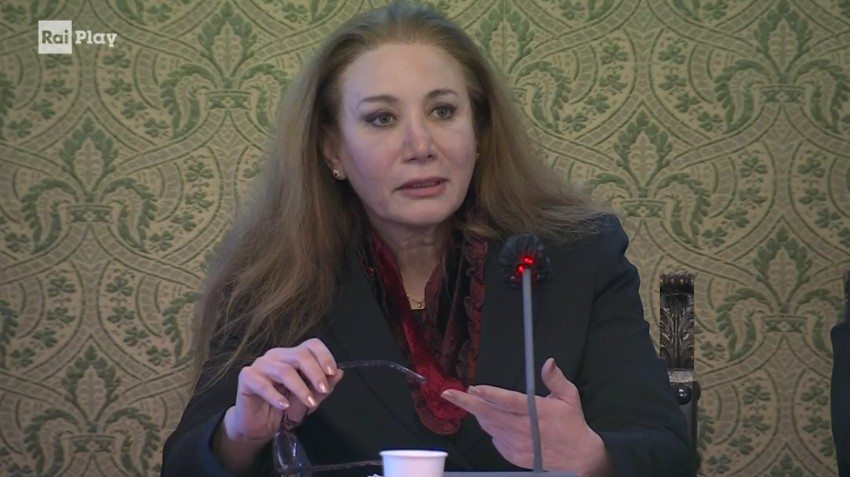 A special event titled “The Arab World in a Changing International Order”, took place on Wednesday, 2 March, at the Accademia Nazionale dei Lincei, in Rome, as a part of a series of Colloquia on Science Diplomacy organized by the prestigious Italian Accademia in collaboration with the Italian Ministry of Foreign Affairs and International Cooperation and the Foreign Diplomatic Missions in Italy.
A special event titled “The Arab World in a Changing International Order”, took place on Wednesday, 2 March, at the Accademia Nazionale dei Lincei, in Rome, as a part of a series of Colloquia on Science Diplomacy organized by the prestigious Italian Accademia in collaboration with the Italian Ministry of Foreign Affairs and International Cooperation and the Foreign Diplomatic Missions in Italy.
UNESCO-TWAS Vice-President for the Arab region Prof. Sabah AlMomin was among the speakers taking part in the event, which featured leading thinkers from Italy and the Arab Region. It was broadcasted live by RAI Cultura, the cultural channel of the national public broadcasting company of Italy, RAI.
The main premise of the discussion was that the world is at a unique moment in history, and the Arab region in particular is enduring a challenging moment of transformation. For example, major Arab States such as the Syrian Arab Republic, Libya and Yemen, are facing prolonged crises. The League of Arab States (LAS) is fighting an uphill battle protecting its members, and some leading figures are looking for pathways to de-escalation to ensure future stability in the region. The event looked at diplomacy and science as fundamental principles in international relations.
The main speaker was H.E. Ahmed Aboul Gheit, LAS Secretary-General, who delivered a lecture on the position the Arab region finds itself in today. AlMomin, a biotechnologist from Kuwait, represented UNESCO-TWAS and took part in a round table with Abdoul Gheit and Alberto Quadrio Curzio, President Emeritus of the Accademia Nazionale dei Lincei, who participated via video.
“The challenges faced by the Arab region are indeed numerous, and these colloquia serve as not only an opportunity to review these matters intellectually, but as a source of hope,” said AlMomin. “It is only through coming together across borders, as scientists and as diplomats, that we might understand all the interests at play and bring forth the kind of lasting peace and stability so many Arab citizens of the world are hoping for.”
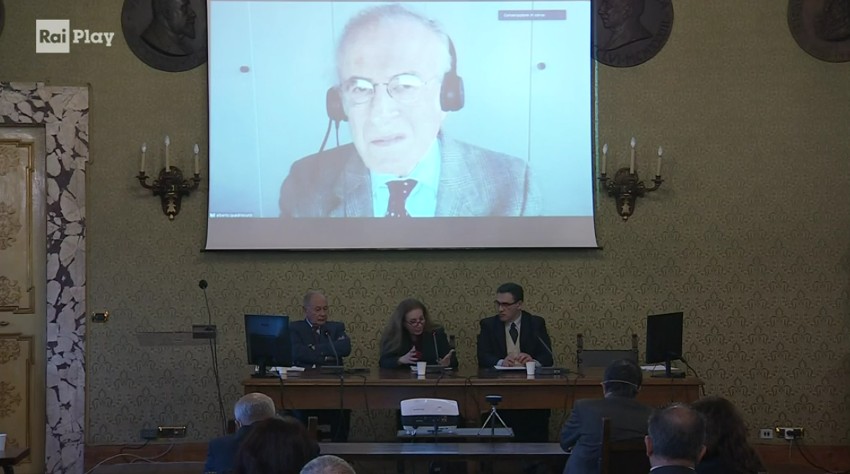 During the round table, AlMomin advocated for scientific capacity-building and science diplomacy in the developing world as a means to advance prosperity and peace. She discussed the role science can play in improving the status of countries in the Arab world, and called education, knowledge and scientific research “points of strength” they can focus on.
During the round table, AlMomin advocated for scientific capacity-building and science diplomacy in the developing world as a means to advance prosperity and peace. She discussed the role science can play in improving the status of countries in the Arab world, and called education, knowledge and scientific research “points of strength” they can focus on.
“Once you establish this you are establishing a strong base, especially if the young people can stabilize their countries and make them more productive countries—self-sufficient countries—rather than depending on the help from other nations,” AlMomin explained.
She also said the League of Arab States should also focus on the United Nations Sustainable Development Goals, and underlined how evidence-based decision-making can lend politicians strength and credibility. “I’m talking from the point of view of a scientist on how science can play a role in improving the status of the regions and countries, and we believe that science can guide politicians in the right way,” she said.
The event was the latest occasion in which UNESCO-TWAS and the Accademia Nazionale dei Lincei worked together. The prestigious Italian academy, which was founded in 1603 and included Galileo Galilei among its first members, has partnered with UNESCO-TWAS before, one example being the ongoing TWAS-SISSA-Lincei Research Cooperation Visits Programme, which enables young scientists from least developed countries to be visiting researchers at laboratories in Trieste, Italy.
Sean Treacy


